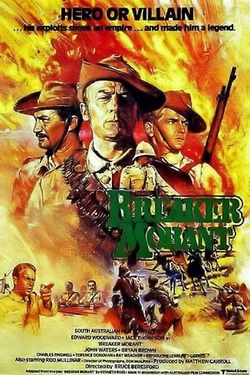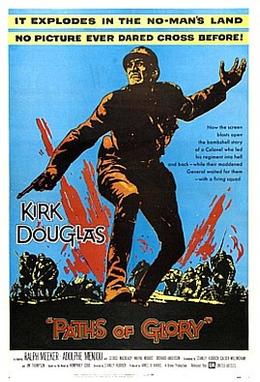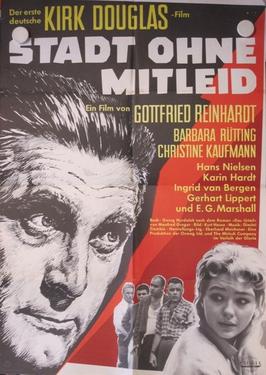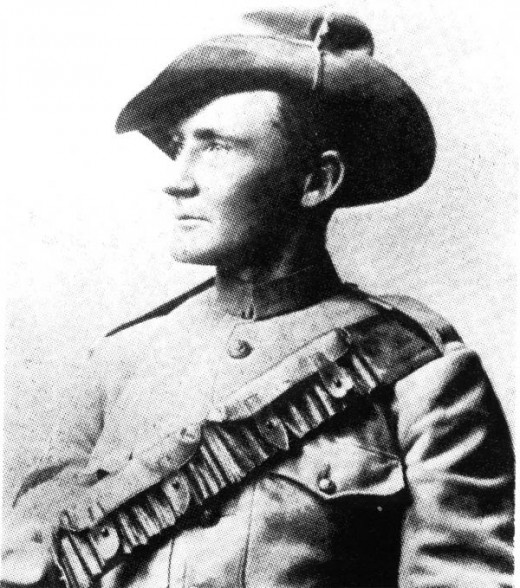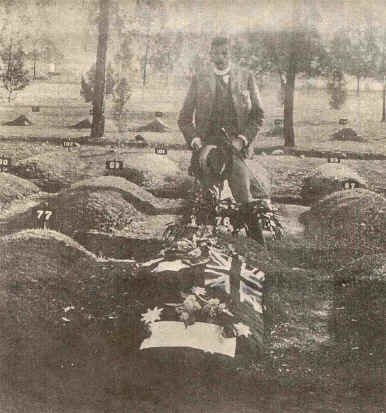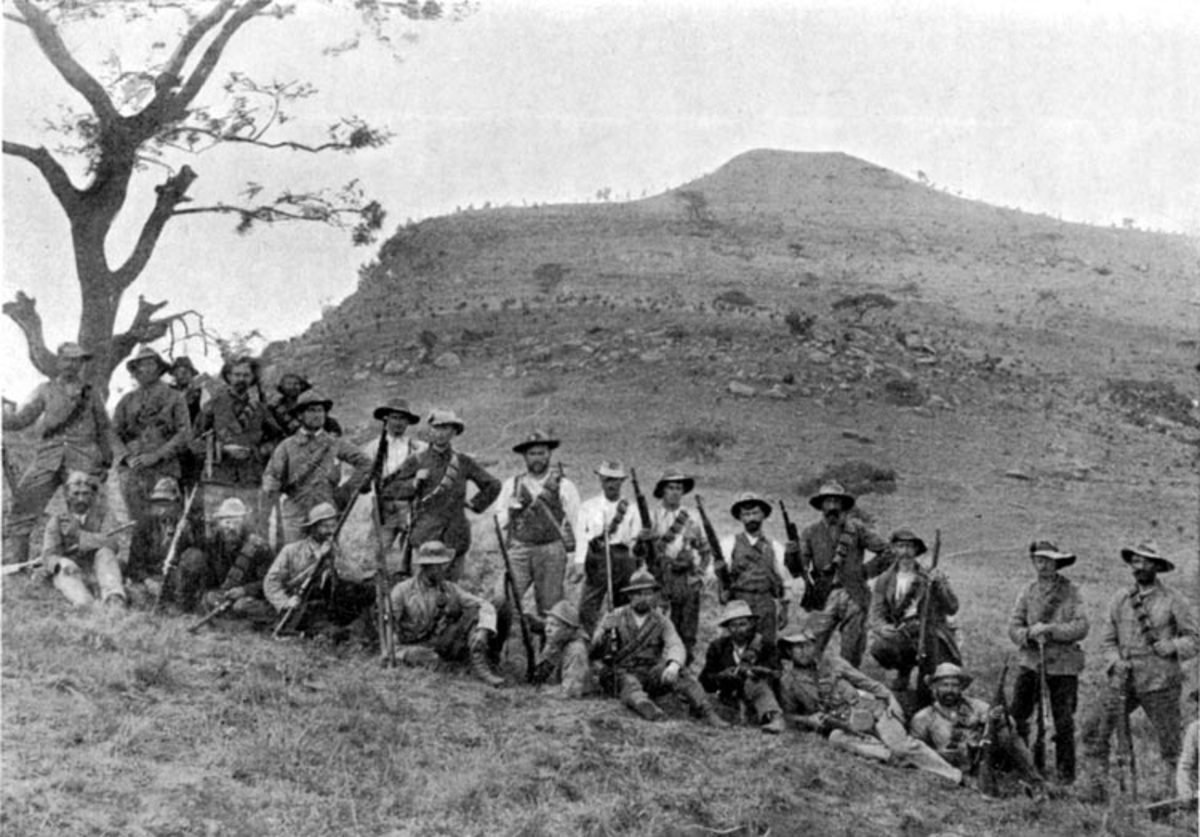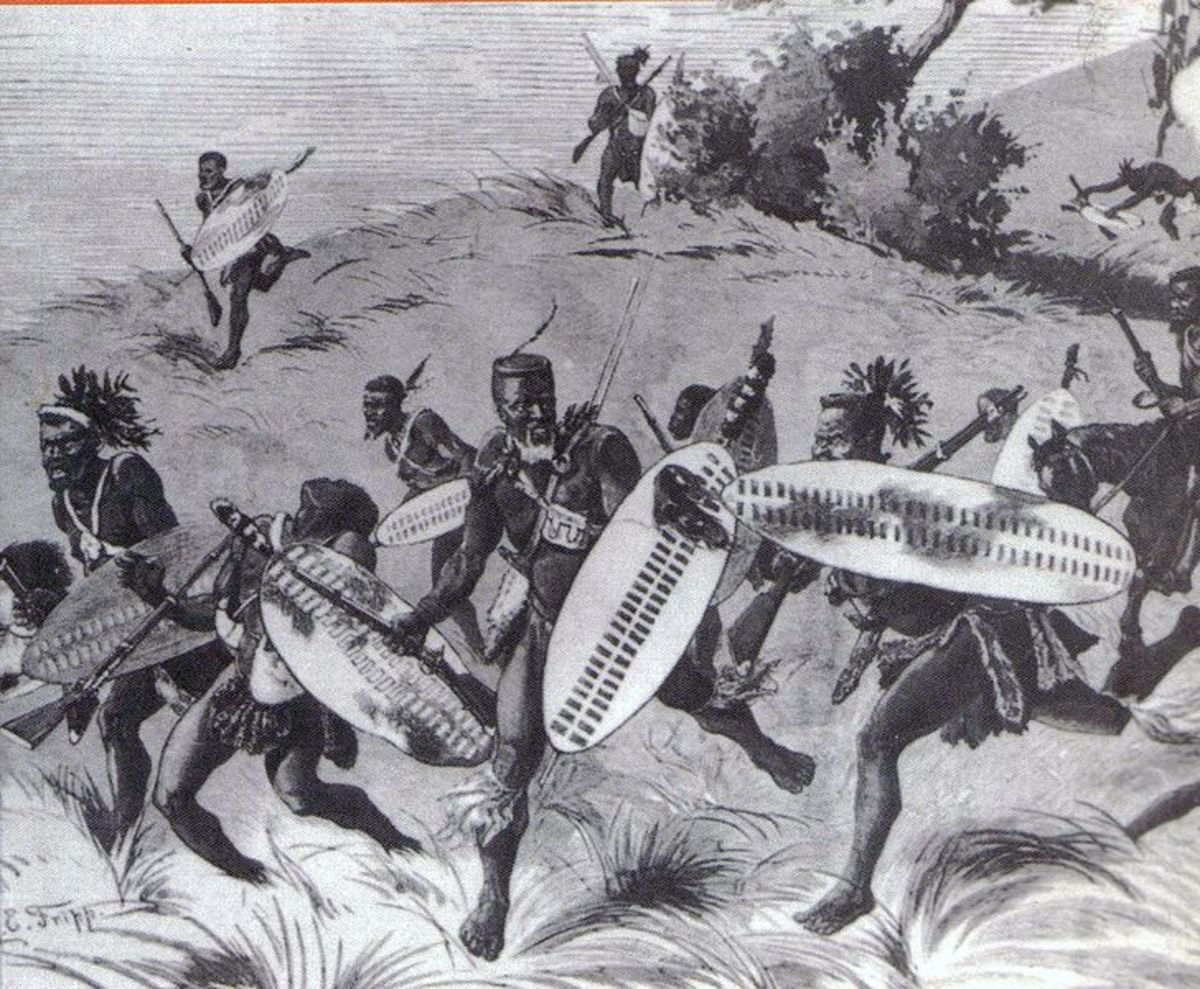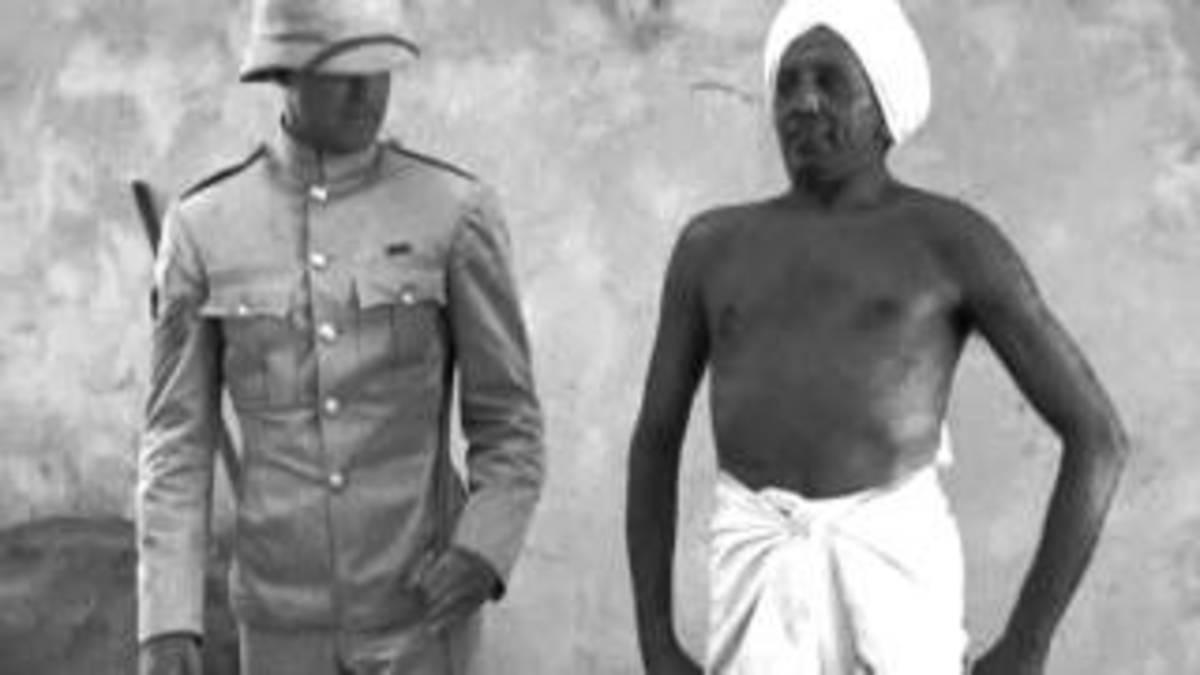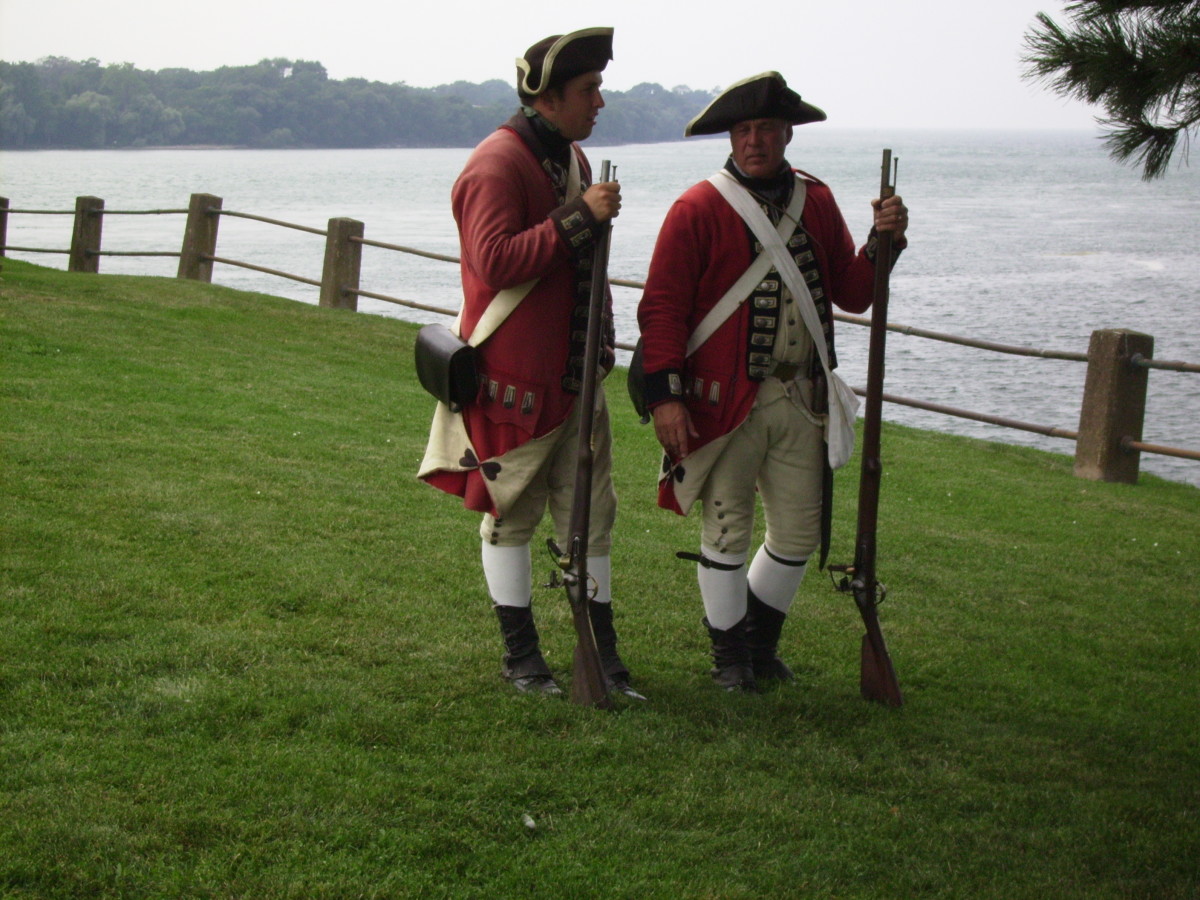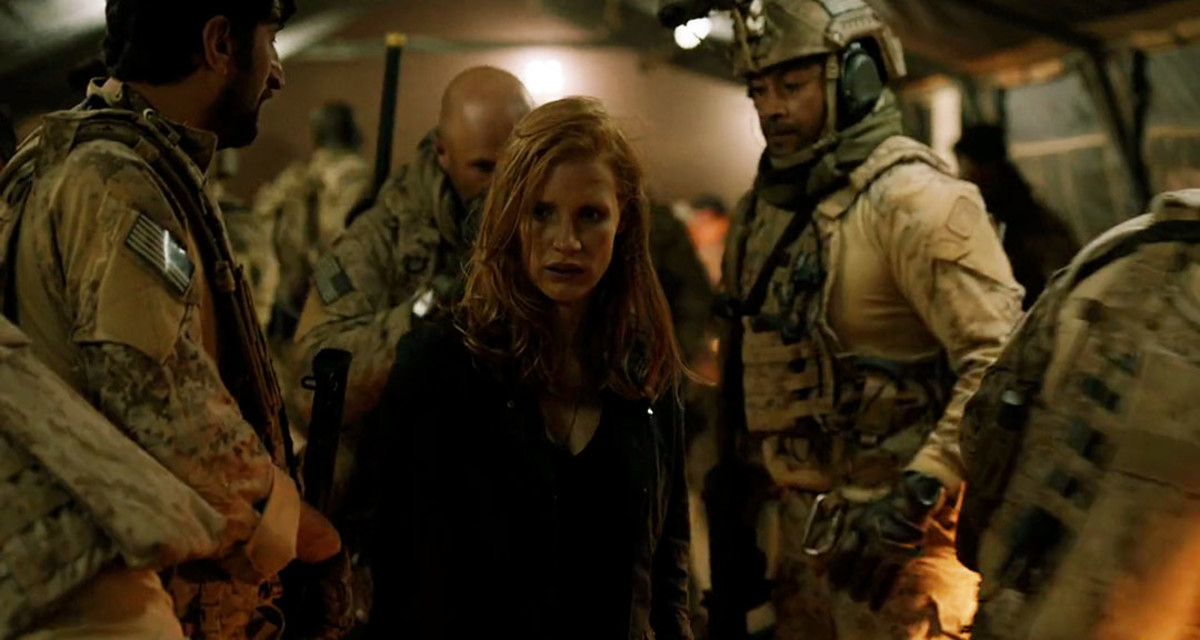Three Movies with Military Capital Case Trials





Background
“Paths of Glory”, “Town Without Pity”, and “Breaker Morant” are movies that involve soldiers being court martialed for capitol offenses. The movies involve soldiers of three different militaries from three different eras. They involve three different capital offenses. These movies are great dramas. The movies and trial settings are all in the 20th century. These are not “whodunnit” or “how catch them” movies. The plots involve soldiers on trial for their lives. The movies put the circumstances and the trial on trial. This article contains spoilers for these movies.
Breaker Morant
This 1980 movie is about a war crimes trial during the Second Boer War. Three Australian officers, Lt. Harry Harbord ‘Breaker’ Morant (Edward Woodward), Lt. Peter Handcock (Bryan Brown), and Lt. George Ramsdale Witton (Lewis Fitz-Gerald) were charged with shooting war prisoners and a German missionary (Bruno Knez).
The British are in peace negotiations with the Boers and Germany is sympathetic to the Boers. The British believe a war crimes trial, convictions, and appropriate punishments would help with the negotiations.
Lt. ‘Breaker’ Morant is a Renaissance man. Lt. Handcock is not well educated. He doesn’t know what a “pagan” is. Lt. Witton is from an upper-class family. He is younger and seems to lack real world experience. They are all excellent soldiers.
Their commanding officer was Captain Simon Hunt (Terence Donovan). Captain Hunt gave orders, which he carried out, to execute Boer fighters who wore clothing of British soldiers, Kakis. At this time a superior officer’s orders were “entitled to be obeyed”. Captain Hunt was killed. From his wounds the Lieutenants could tell the Boers captured him alive then butchered him. When they captured a Boer, wearing Captain Hunt’s, coat they summarily executed the Boer. The course of the movie recounts how the situation deteriorated from executing Boers wearing Kakis to all Boer prisoners.
Both sides were going against the mores of the day. Boers were using women and children as combatants[i], killing prisoners, and using missionaries to pass on information.
The British chose Major J.F. Thomas (Jack Thompson) for the defense counsel. Major Thomas had never been involved in a court martial case before. Instead of acting as a useless attorney Major Thomas gave a spirited defense.
When Major Thomas wanted to summon Lord Kitchener (Alan Cassell) the judge, Lt. Col. Denny (Charles Tingwell), asked; “Do you really believe that Lord Kitchener, a man venerated throughout the world, would be capable of issuing an order of such barbarity?” Major Thomas answered:
“I don’t know sir. But I do know that orders that one would consider barbarous have already been issued in this war. Before I was asked to defend these soldiers, I spent some months destroying Boer farmhouses, burning their crops, herding their women and children into stinking refugee camps where thousands of them have already died from disease. Now these orders were issued sir and soldiers like myself and these men here have had to carry them out however damned reluctantly!
In one exchange the prosecutor, Major Bolton (Rod Mullinar), puts the word “agitated” in the mouth of a witness Corporal Sharp (Chris Hayword). When Major Thomas objects Major Bolton says; “I will rephrase the question, sir. Tell me, Corporal Sharp, how did Lt. Handcock look?” Corporal Sharp answered, “Agitated, sir!”. The court let Major Bolton get away with it.
The prosecution witnesses, including Lord Horatio Herbert Kitchener, consistently perjure themselves. Another high official, outside the court room, suborned perjury. The British Army’s party line was Boers caught wearing kaki were to be executed, it they were using the kaki to try to infiltrate. The second part of the order was not transmitted to soldiers in the field.
During the trial Boers attacked the fort. The Boers were causing havoc. The three lieutenants were let out of the stockade so they could help defend the fort. The Lieutenants handily broke up the Boer attack. Major Thomas requested they be pardoned, consistent with military custom. The court denied the request stating the accused were merely doing their duty.
The court find the lieutenants guilty and sentenced Morant and Handcock to death. Lieutenant Witton received a long prison sentence. Lieutenant Witton served three years in prison.
The British Army tried Lt. Harry Harbord Morant, Lt. Peter Handcock, and Lt. George Ramsdale Witton, their commanding officer, the intelligence officer, and a British officer, were charged with the killing of no less than 10 people. The incident happened at Elim Hospital. A Boer prisoner of war and 8 civilians were killed. Rev. Carl August Daniel Hesse was killed soon after. Rev. Hesse threatened to expose the killings.[ii] The commanding officer was reprimanded and sent back to Australia. The intelligence officer had finished his term of service so was out of military jurisdiction. The British officer was cashiered.[iii] Morant, Handcock, and Witton were acquitted of killing Rev. Hesse but convicted on the other counts. Morant and Handcock were executed on February 27, 1902. Morant was a poet and wrote the poem, “Butchered to Make a Dutchman’s Holiday”, before his execution.
George Witton was given a death sentence. Lord Kitchener commuted the sentence to life. Efforts by politicians and citizens of Australia and South Africa resulted in Witton being released and returned to Australia.[iv] Witton wrote a book “Scapegoats of the Empire”, which was originally published in 1907. The British Army detained about 115,000 people in internment camps. About 48,000, 28,000 Boers and 20,000 black Africans, died in the camps from disease and hunger.[v]
[i] Since the Boers weren’t wearing uniforms any Boer was a potential combatant. Since some Boer women and children were involved in the fighting there was no reason to give deference to Boer women and children.
[ii] February 27, 1902: Breaker Morant Executed for War Crimes, by Major Dan, February 27, 2017, https://www.historyandheadlines.com/february-27-1902-breaker-morant-executed-war-crimes/, last accessed 9/5/19.
[iii] Second Boer War by John Brown, https://www.historynet.com/second-boer-war.htm, last accessed 9/5/19.
[iv] Lieutenant George Ramsdale Witton, https://monumentaustralia.org.au/themes/people/military/display/99769-george-ramsdale-witton, last accessed 9/5/19.
[v] The Guardian, ‘Spin’ on Boer Atrocities, https://www.theguardian.com/world/2001/dec/09/paulharris.theobserver, last accessed 9/5/19.
Harry Morant's Epitaph
"and one's enemies will be those of his household" Matthew 10:36
Paths of Glory
France, Spain, and Switzerland banned this 1957 movie for many years. Belgium required a forward of this movie which explained it represented an isolated case and wasn’t representative of the “gallantry of the French soldiers”. Germany delayed the movie’s release because it didn’t want to strain relations with France. Sir Winston Churchill said the film was an accurate depiction of trench warfare and the, sometimes misguided, workings of the military mind.”[i]
The movie is set in World War I. French General Broulard (Adolphe Menjou) orders an attack. The Germans repel the attack. When General Broulard sees the attack is failing he orders the artillery to fire on his own soldiers. The Battery Commander, Captain Rousseau (John Stein), refused to carry out the order unless he receives it in writing. After the battle General Broulard demands mass court martials for cowardice in the face of the enemy. The commander of the attacking force, Colonel Dax (Kirk Douglas), through negotiations, with General Paul Mireau (George Macready) as the intermediary, gets General Broulard to agree to court martial three soldiers as examples. Each of the commanders of the subordinate units had to choose a soldier for court martial. Two were chosen by lot. One was chosen because his commander considered him a “social reject”. The method of selection was irrelevant to their case.
The movie had the soldiers take the stand in the reverse order of how close they got to the Germans before retreating. Private Ferol (Timothy Carey)[ii], got to the middle of “no man’s land”[iii] before retreating. When Ferol tries to describe the situation the prosecutor, Major Saint-Auban (Richard Anderson), cuts him off. Major Saint-Auban curtly says; “I didn’t ask you what you saw. The court has no concern with your visual experiences.” Another soldier got to the barbed wire. When Major Saint-Auban asked since he got that far why didn’t he continue? The soldier explained it was the French wire, not the German wire. Colonel Dax pointed out a soldier had been twice decorated for heroism. Major Saint-Auban retorted the soldier wasn’t on trial for past courage but for recent cowardice. The third soldier on the stand didn’t get out of the trench because another soldier was killed getting out of the trench and fell on him, knocking him out.
The court found the soldiers guilty and sentenced them all to death by firing squad. Colonel Dax found out about General Broulard’s order for the artillery to open fire on his soldiers. The information came to light too late to help the condemned soldiers.
At the end of the movie French soldiers are in a café. The proprietor (Jerry Hausner) brings out a frightened German woman (Christiane Kubrick). He has her sing. She sings the “Der Treue Husar”, The Faithful Hussar, to the soldiers. The soldiers quiet down and have a bittersweet moment. This was the most significant woman’s role in the movie.
During World War I there were numerous mutinies in the French Army. The French Army responded with courts-martial where 2,878 were sentenced to hard labor and 629 received death sentences. Only 43 soldiers were executed for mutiny.[iv] All of the major European combatant countries had mutinies during World War I.[v]
[i] United States Movie Database, https://www.imdb.com/title/tt0050825/trivia, last accessed 8/31/19.
[ii] An error in the movie is at the beginning Private Ferol tells the general he isn’t married and near the end of the movie mentions he has a wife.
[iii] The area between the trench line and that of the enemy was dubbed “no man’s land”.
[iv] Bentley B. Gilbert and Paul P. Bernard, “The French Army Mutinies of 1917”, Historian (1959) 22#1 P. 333-334.
[v] Mutinies, http://www.sunnycv.com/steve/ww1/mutinies.html, last accessed 9/8/19.
Countries That Banned "Paths of Glory"
Country
| Reason
| Ban Lifted
|
|---|---|---|
France
| Portrayal of French Army
| 1975
|
Spain
| Anti-Miitary Message
| 1986
|
Switzerland
| Ant-French Propoanda
| 1978
|
Town Without Pity
This movie is set in present day, for the time, Germany. It is a small town next to a U.S. Army base. Four U.S. soldiers rape a 16-year-old girl, Karin Steinhof (Christine Kaufmann). The case is open and shut. U.S. Army General Stafford (Alan Gifford) wants to use this incident to showcase how seriously the U.S. Army took the incident. Major Steve Garrett (Kirk Douglas) is selected as the defense attorney for the soldiers. After interviewing the soldiers, and doing some investigating, Major Garrett proposes a plea bargain. He would have three of the soldiers plead guilty if the prosecution agreed not to seek the death penalty. He wanted to have freedom of action with Corporal Jim Larkin (Robert Blake). Corporal Larkin has psychological problems. The prosecutor, Colonel Jerome Pakenham (E.G. Marshall), and Karin’s father Karl Steinhof (Hans Nielsen), insist on seeking the death penalty. Major Garrett points out to Mr. Steinhof Germany doen’t have a death penalty.
By law they can’t force a German citizen to testify. The only way the court can hand down a death sentence is if Karin bears the defense’s complete cross examination.
Major Garrett give a foretaste of what a Karin would have to bear under cross examination. Mrs. Borgmann (Eleonore von Hoogstraten) explains why she disapproved of her son, Frank (Gerhart Lippert), going out with Karin. Frank went with Karin on a skiing trip one weekend. Frank lied about it to his mother as did Karin to her parents. Frau Kulig (Rose Renée Roth) was at the river the day of the crime and witnessed Frank and Karin smooching and talking. She says Karin wanted to go further. When Colonel Pakenham objects there was no proof of that Frau Kulig shoots back, “you should have been there.” Frau Kulig’s inuendo is stricken from the record but the spectators got a good laugh out of it. The Steinhof’s next door neighbor, Herr Schmidt (Philo Hauser), testified that Karin would exercise naked in her room. One day Karin caught Schmidt looking and she thumbed her nose at him.
Major Garrett made a final plea to Karl Steinhof to not let his daughter testify. Mr. Steinhof would have none of it. The cross examination is an example of a woman getting “raped in the courtroom”. She collapses under cross examination. Mr. Steinhof stops his daughter from testifying further.
On the street Frank attacks Major Garrett with a whip and threatens to kill him. Major Garrett easily disarms Frank then tells him; “If you want to kill me then what are you doing with this? If you really want to kill somebody take a gun or a knife.” Major Garrett tells Frank he should take Karin out of this town and never return.
Few spectators came to see the sentencing. The sentences range from 6 to 25 years hard labor with dishonorable discharges. The real drama that day was the fate of the young lovers.
Reporter Inge Koerner (Barbara Rütting) narrates the events. Koerner and Major Garrett have a mutual disrespect. There is a mutual dislike between the B-girls[i] and the “town girls”. Workers and their bosses have a no love lost between them. Major Garrett use the town’s internal animosities to his clients’ advantage.
Interestingly, the movie doesn’t show any hostility between the American soldiers and the Germans. In actual horrific crimes and other incidents caused by American soldiers the host country’s citizens are often up in arms. The movie doesshow how after the arrests the American troops stayed at the local bar, Florida Bar, that catered to American soldiers. A B-girl, Trude (Ingrid van Bergen), explained the soldiers were leaving the town girls alone.
Corporal Birdwell Scott’s (Richard Jaeckel) rank technically didn’t make sense. His record indicates he had been in the Army for at least 17 years. There is no mention of a break in service or that he had a bad record. He should have been higher in rank. His rank and service record are correct for the purpose of the movie. World history wasn’t cooperative.
The movie, when released, showed the American military judicial system in a favorable light. The findings were correct and the punishments fair. Today, the movie shows how a military defense attorney, in 1960, could turn an innocent victim into an object of ridicule.
[i] “B-girls” is a slang term used for women who shill for a bar. In “Town Without Pity” the customers would have to pay the bar if they left with one of the employees.
German Mores in 1960
The Mores Portrayed in Town Without Pity
This content is accurate and true to the best of the author’s knowledge and is not meant to substitute for formal and individualized advice from a qualified professional.
© 2019 Robert Sacchi

